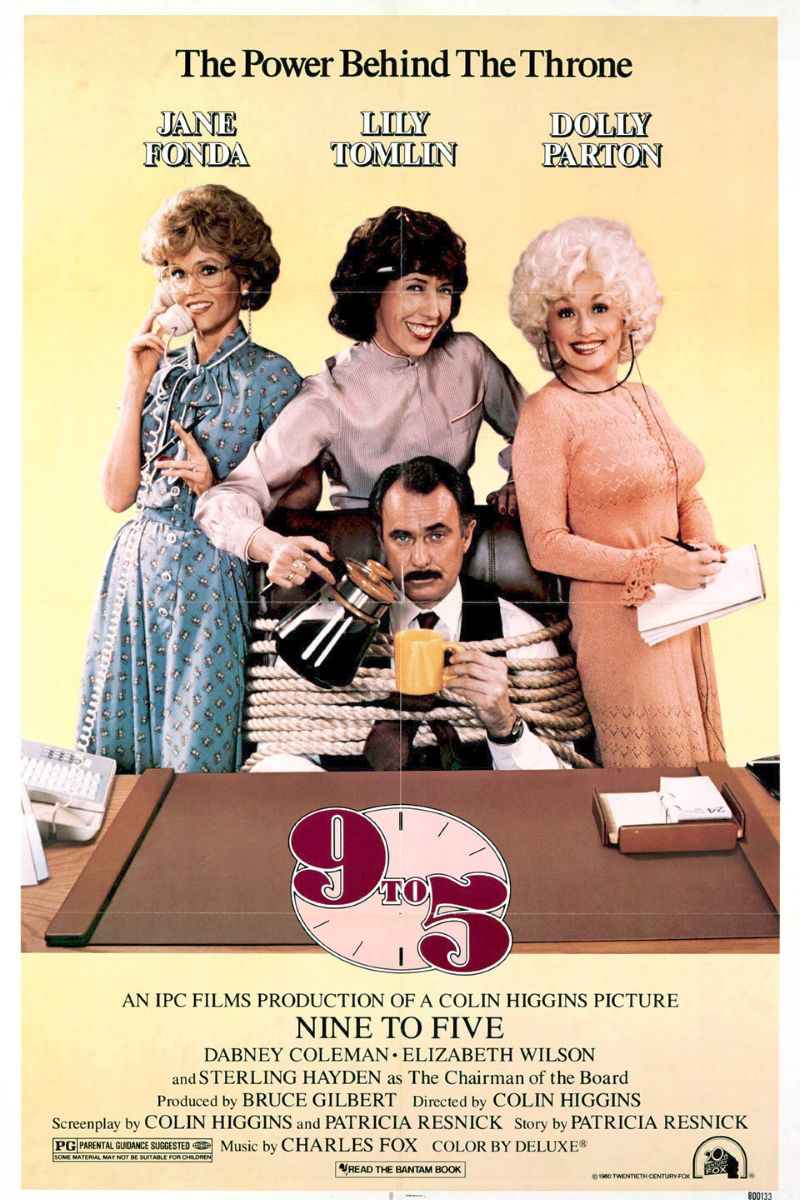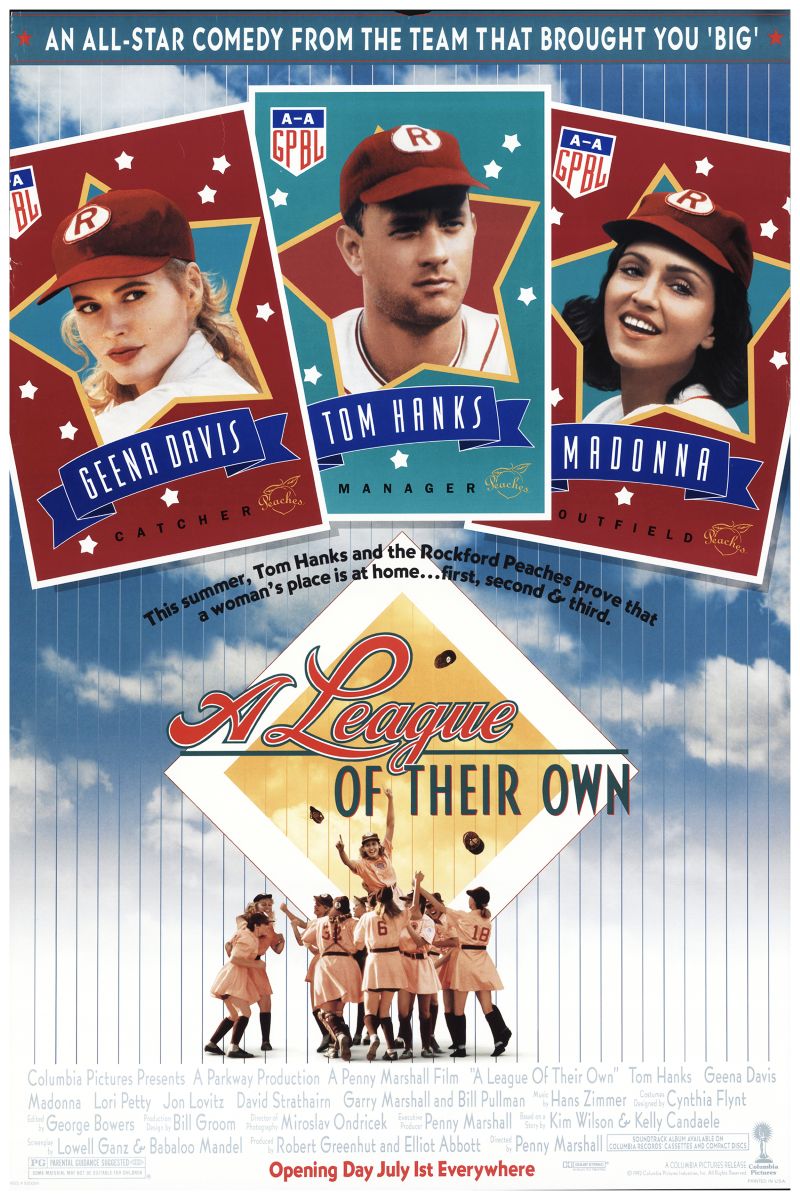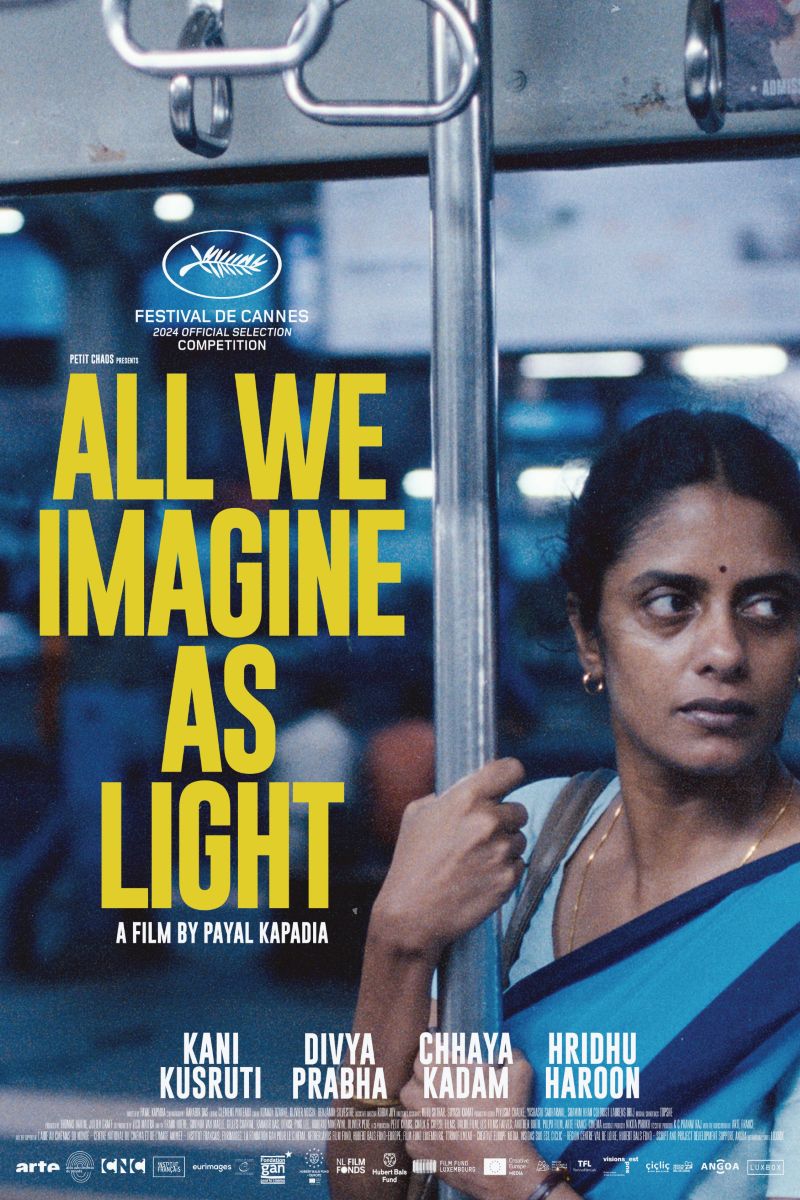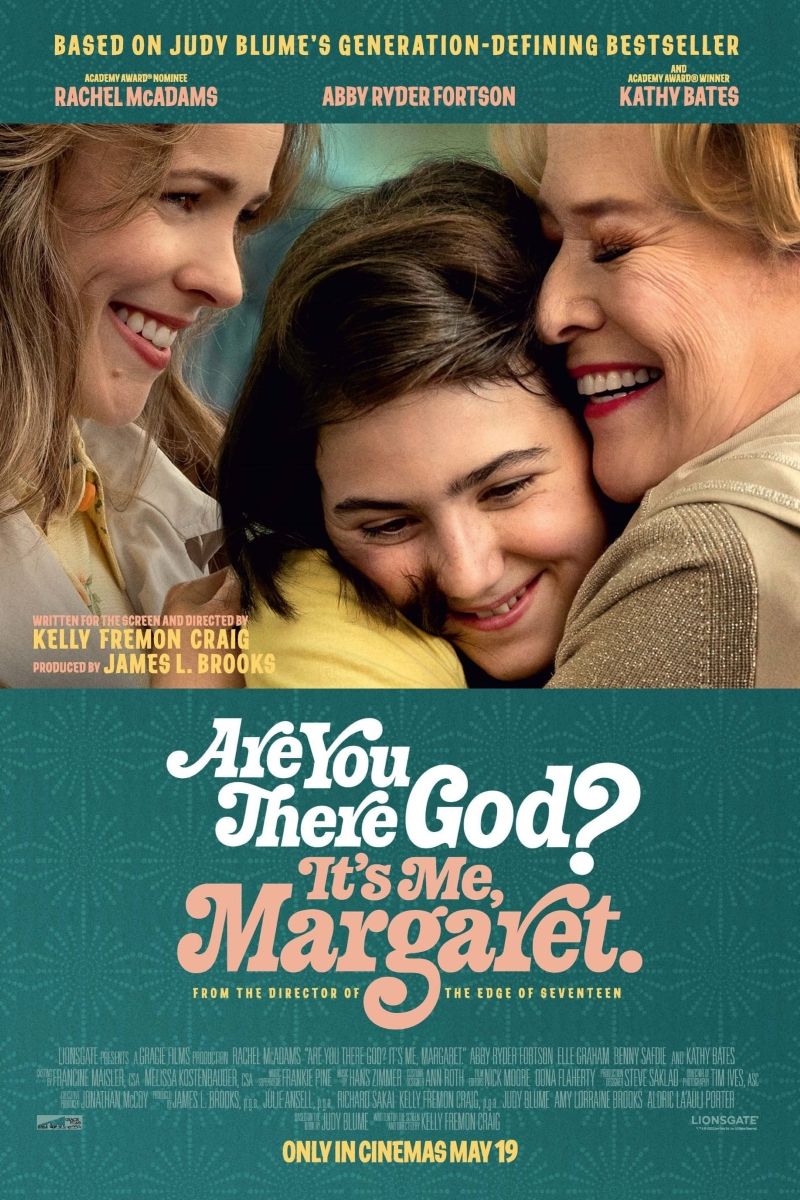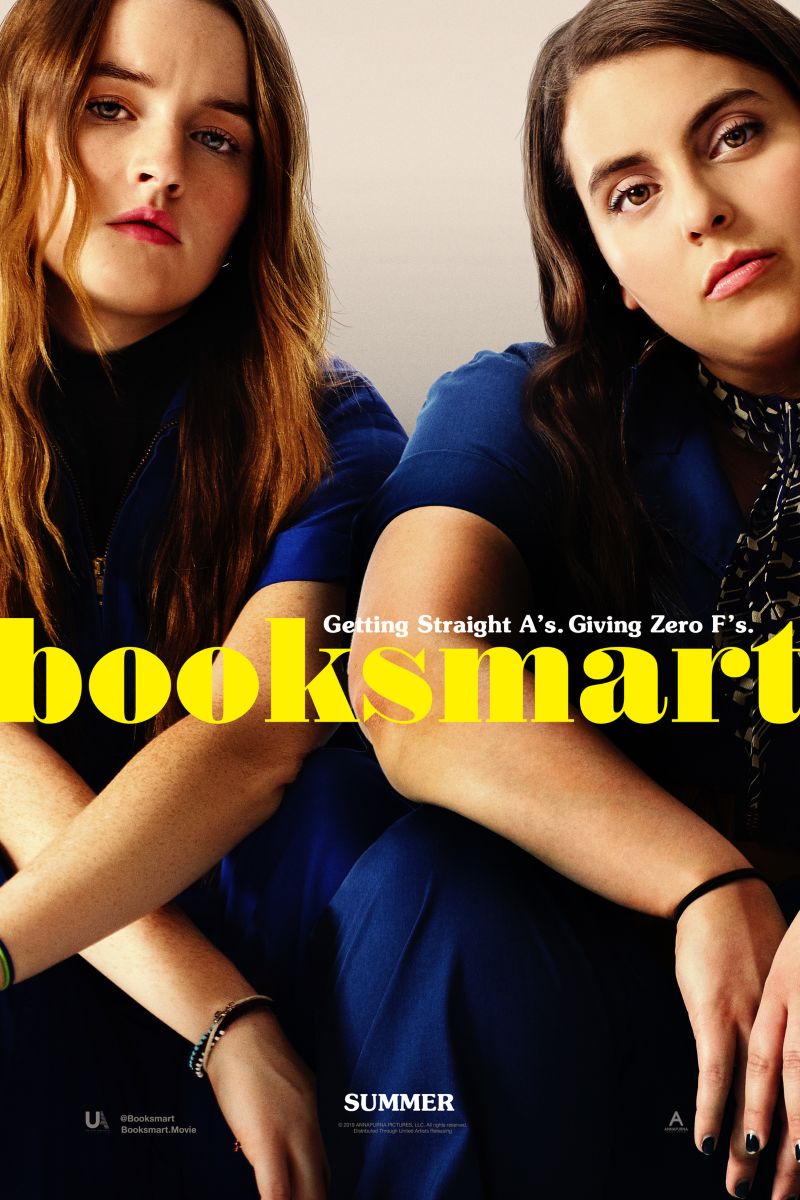
Booksmart
Booksmart
Olivia Wilde's directorial debut revolutionizes the high school comedy genre, following two academic overachievers who decide to cram four years of fun into one wild night before graduation. This self-aware coming-of-age comedy explores female friendship, academic pressure, sexual identity, and teenage identity formation through an inclusive lens.
Cast
Related Topics
🎥 Film Analysis & Review
“Booksmart” represents a revolutionary breakthrough in contemporary teen cinema, with director Olivia Wilde creating a feminist coming-of-age comedy that is both hilariously entertaining and profoundly meaningful in her directorial debut. This film not only redefines the possibilities of high school movies but also provides new templates for identity formation among young people through its inclusive perspective and deep portrayal of female friendship. Through the story of academic overachievers Molly (Beanie Feldstein) and Amy (Kaitlyn Dever), the film explores the complex themes of educational pressure, societal expectations, and self-discovery that contemporary women face.
The film’s core value lies in its subversion of the traditional “nerds vs. cool kids” binary opposition. Molly and Amy represent a new generation of academic achievers—they are not the socially inept stereotypes but intelligent women with clear values and life goals. However, when they discover that seemingly fun-loving classmates have also been accepted to top universities, this revelation triggers profound questioning about the definition of “success.” This setup challenges the stereotypical expectation that women must choose between academic achievement and social life.
From the perspective of female friendship, the relationship between Molly and Amy stands as one of the most authentic and complex portrayals of female friendship on screen. Their friendship is not built on mutual competition or contrast but on deep understanding, support, and shared growth. Wilde refuses to simplify female friendship into superficial or temporary relationships, instead showcasing a deep connection that can withstand tests and promote mutual growth. This friendship model provides important emotional support and identity resources for young women.
The film’s treatment of sexual diversity is particularly commendable. Amy’s sexual identity journey is not dramatized or problematized but naturally integrated into her overall personal development. The supportive attitude of her parents (Lisa Kudrow and Will Forte) and the acceptance of her friends create an inclusive environment that demonstrates an ideal LGBTQ+ support system. This approach not only provides positive representation for queer teenagers but also shows all audiences what a truly inclusive community should look like.
From an educational feminist perspective, the film’s exploration of academic pressure and achievement anxiety holds significant importance. Molly and Amy’s academic identities reflect the “good girl syndrome” that contemporary women face—societal expectations for women to perform perfectly in all areas, often leading to excessive self-pressure and fear of failure. Through their graduation night adventure, the film demonstrates the importance of balancing academic pursuits with personal experiences.
The film’s portrayal of political consciousness and social engagement is particularly modern. The photos of Michelle Obama and Ruth Bader Ginsburg in Molly’s bedroom, Amy’s references to Virginia Woolf’s “A Room of One’s Own,” all demonstrate this generation of young women’s political awakening and feminist consciousness. These details are not decorative but organic components of the characters’ identities, embodying the third-wave feminist emphasis on the personal as political.
Wilde’s directorial approach also embodies distinctive feminist aesthetic characteristics. The film’s visual language is vibrant and creative, from costume design to set decoration, all reflecting young women’s aesthetic taste and cultural expression. Particularly in the party scenes, Wilde employs surrealistic visual elements, transforming the chaos and excitement of adolescence into visual poetry, avoiding the male gaze common in traditional teen films.
The film’s treatment of mother-daughter relationships also deserves attention. The relationships between both protagonists and their mothers showcase understanding and conflict between generations. These mothers both support their daughters’ academic pursuits while worrying about their lack of traditional teenage experiences. This complexity reflects the contradictory psychology that contemporary mothers face when raising independent daughters.
From a mental health perspective, the film honestly portrays the anxiety and pressure faced by high-achieving teenagers. Molly’s perfectionist tendencies and need for control, Amy’s introverted personality and fear of social interaction, are all common psychological challenges faced by contemporary teenagers. The film does not simplify or dramatize these issues but treats them as important components of character growth.
The film’s comedic elements also serve its feminist themes. The humor is not built on belittling women or reinforcing stereotypes but comes from character wit, situational absurdity, and relationship authenticity. This comedic style proves that female-driven comedy can be both funny and profound, both entertaining and educational.
The film’s presentation of diversity extends beyond sexual orientation to include racial, class, and cultural background diversity. Supporting characters come from different backgrounds, and this diversity is not for political correctness but reflects the true face of contemporary American high schools. This authentic multicultural representation helps break down singular youth narratives.
From a pop culture feminism perspective, “Booksmart” successfully integrates feminist ideals into popular culture products. The film has both commercial entertainment value and conveys important social messages, proving that feminist films can be both influential and marketable.
The film’s treatment of technology and social media also reflects the living reality of teenagers in the digital age. Phones and social networks are not demonized tools but natural components of the characters’ lives. This approach reflects a genuine understanding of the digital native generation.
From an identity formation perspective, the growth process of both protagonists demonstrates the complexity of teenage identity exploration. They do not simply transform from “good students” to “party girls” but learn to integrate their multiple identities and accept their completeness. This growth model provides healthier and more realistic developmental paths for young audiences.
The film’s attitude toward authority and rules also carries progressive significance. Although both protagonists decide to break rules to attend a party, this rebellion is not blind or destructive but based on the pursuit of self-exploration and experiential completeness. This rebellious spirit embodies a healthy individualization process.
The commercial success and critical acclaim of “Booksmart” proves audiences’ hunger for more diverse and authentic youth stories. The film’s recognition as Rotten Tomatoes’ best comedy of the decade is not only acknowledgment of its artistic achievement but also confirmation of its cultural impact.
Ultimately, the value of this film lies in providing young women with a growth story that is both realistic and inspiring. It tells audiences that intelligence and fun are not mutually exclusive, that academic achievement and social experience can coexist, and most importantly, to remain true to one’s values while staying open to new experiences. In a society that still imposes various restrictions and expectations on women, “Booksmart” offers a new possibility: young women can be both intelligent and fun, both ambitious and able to enjoy life, both independent and cherishing of friendship. This balanced lifestyle holds important guiding significance for the healthy development of contemporary women.
🏆 Awards & Recognition
- • Golden Globe Best Actress Nomination - Musical/Comedy (Beanie Feldstein)
- • BAFTA Best Original Screenplay Nomination
- • Critics' Choice Best Comedy Nomination
- • Rotten Tomatoes Best Comedy of the Decade #1
⭐ Ratings & Links
Related Recommendations
Comments & Discussion
Discuss this video with other viewers
Join the Discussion
Discuss this video with other viewers
Loading comments...
